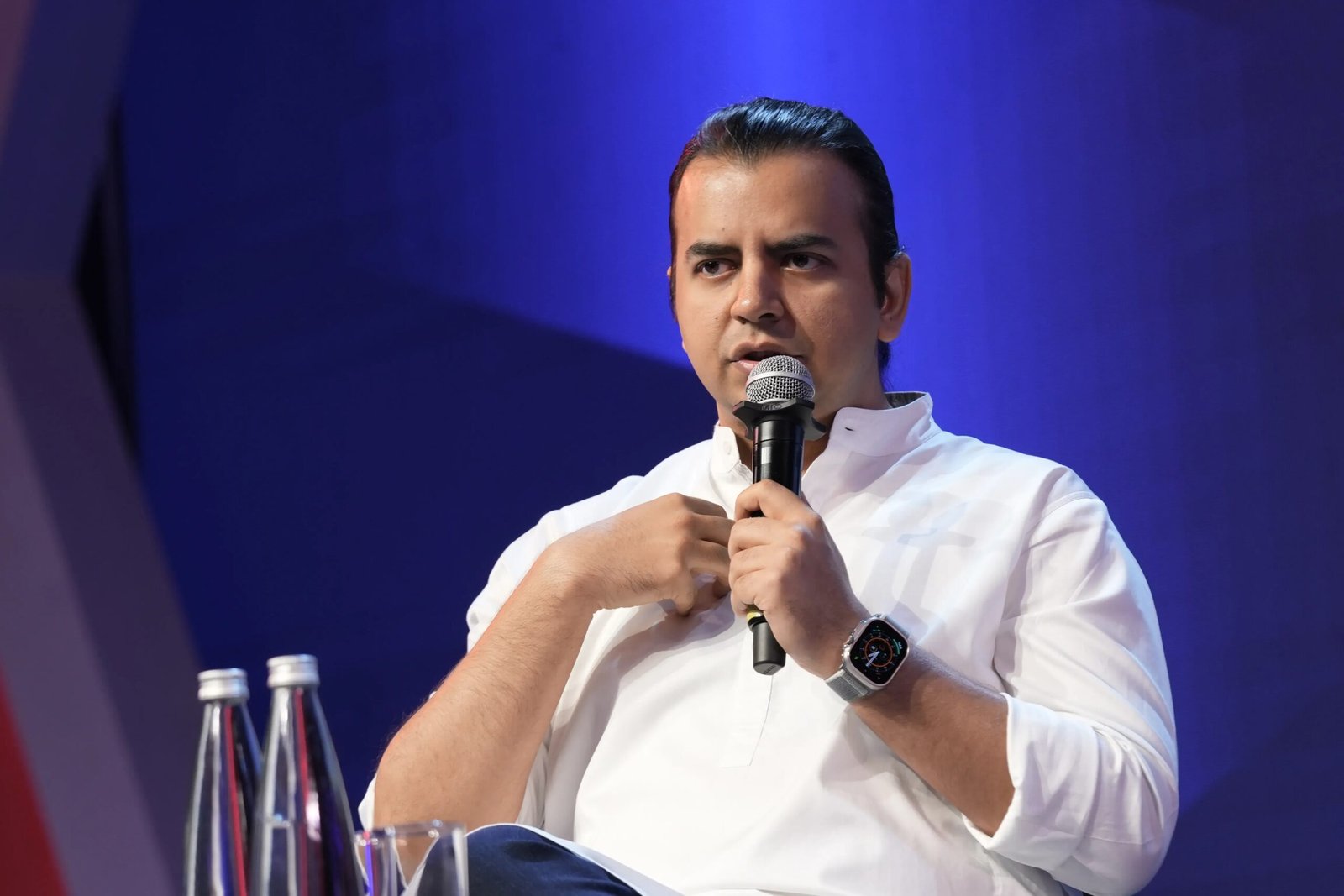[ad_1]
Service infrastructure in EV is also not just an problem, it’s an industry problem, Bhavish Aggarwal, CEO of Ola Electric, said during the company’s second quarter earnings call on Friday.
“… it’s an industry problem because training the mechanics in EV, battery maintenance, motor, electronics, software, all these are new things. So, we are investing effort into doing this, which I believe is probably the last leg of confidence customer needs,” Aggarwal said.
Earlier this month, the Central Consumer Protection Authority (CCPA) issued a show cause notice to Ola Electric, citing alleged violations of consumer rights, misleading advertisements, and unfair trade practices.
Addressing recent reports of 80,000 monthly service interactions, the Ola Electric founder clarified that these figures arise from routine maintenance and minor inquiries, and are not solely complaints. He added that 80,000 per month is not bad for a company with 8 lakh vehicles in operation, if majority of them are scheduled or minor queries.
“I think there are a lot of numbers floating around. Even if you take the 80,000 number from the press, if you think of any typical OEM product, it has one to two scheduled maintenance per year. If you have, let’s say, a million install base, that’s one and a half to 2 million service touch points per year. Now that makes it about 1.25 lakh a month,” he explained.
The company, which recently debuted on the Indian stock exchanges, posted a net loss of Rs 495 crore for the July-September quarter, narrowing from Rs 524 crore in the same period last year. However, its losses widened from Rs 324 crore on a quarterly basis.
The company saw its revenue from operations jump to Rs 1,214 crore in Q2 FY25, up from Rs 873 crore a year ago.
The Softbank-backed firm clocked a 73.6% increase in scooter deliveries, with 98,619 units sold this quarter compared to 56,813 units last year. As per the shareholder letter, the company’s gross margin rose by 12 percentage points to 20.3%, while the EBITDA margin fell by 17.6 percentage points to -28.4%.
Aggarwal added that the company will see growth over the next few quarters.
“The fundamentals of the EV transition of India remains very strong. As a leader of this transition, we feel confident to be a leader of this inflection point. As we launched our mass market portfolio a couple of quarters back, this quarter came into its own, we were able to supply it almost full demand. Quarter on quarter, our mass market products, the S1X portfolio grew 15%. Despite the growth in mass market, our premium market products continued to be a majority of our revenue,” he said.
Aggarwal revealed that Ola Electric is also developing three-wheelers and plans to launch 20 new products over the next two years, aiming to release at least one new product each quarter.
It also plans to expand its distribution network to 2,000 stores by March 2025 from the current 782 locations, alongside scaling its Network Partner Program.
“We think of firstly product and then volumes. Brand is an outcome of product experience of the customer and, obviously, at the scale at which we do it. Our premium products are holding very good, with our market share in the premium segment, in the S1 Pro or the S1 Air segment, being fairly high,” Aggarwal said.
In August, at its annual event Sankalp, Ola introduced the Roadster motorcycle series, with the first deliveries set for March 2025. The series includes models across mass and premium segments, priced between Rs 74,999 and Rs 249,999, featuring three models and eight variants.
“We have 782 company-owned stores as on September 2024, with each store delivering 130 sales per quarter, roughly 2-3X of industry average. We’re expanding our company-owned store (and colocated service infra) network to 2,000 company-owned stores by March 2025,” he said.
(Disclaimer: Shradha Sharma, Founder and CEO of YourStory, is an independent director in Ola Electric.)
[ad_2]
Source link





